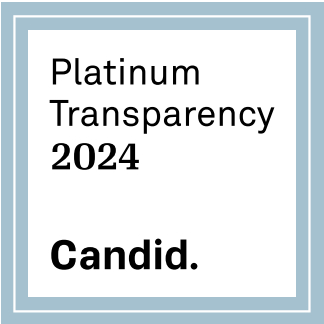Digestive diseases and disorders like reflux disease or GERD are seen more commonly in overweight individuals than in normal weight individuals. Healthcare providers have been saying for years that burning calories and losing weight can help reduce heartburn symptoms. Losing just 5 to 10 pounds may be enough to reduce your reflux symptoms.
In theory, losing weight is easy – you simply need to burn more calories than you eat. In practice, this can seem overwhelming. However, small steps can add up to big improvements. Following these six simple steps for one month can help you start losing weight and help reduce your heartburn symptoms.
Three Nutrition Tips for Burning Calories
In order to achieve and maintain a healthy weight, you need to daily balance the calories you take in with the calories you burn. If you eat just 100 more food calories a day than you burn, you’ll gain about 1 pound in a month, or over 10 pounds a year! Reduce or balance your daily calories by following these simple steps:
Plan ahead so you don’t give in
We sometimes choose less healthy foods because they are more convenient.
- When you go to the store, stock up on a variety of nutrient-rich foods for meals and snacks all week.
- Include fresh fruit, cut-up vegetables, string cheese sticks, or a canister of unsalted nuts to help you avoid falling back on less healthful snack choices.
Know your serving sizes
The biggest source of unwanted calories is from repeatedly overeating, not from eating the wrong things.
- Check the nutrition label on every food item you buy, and promise yourself to only eat the recommended serving size.
- If you’re served a portion of food bigger than your fist, it’s probably more than one serving – only eat half, and save the rest.
Don’t drink calories
Many Americans consume nearly half of their daily recommended calories in liquid form.
- Instead of a 20 ounce full-sugar soda (240 calories), have water (0 calories).
- Replace your 16 oz white chocolate mocha (470 calories) with black coffee (5 calories).
Three Exercise Tips
According to the Centers for Disease Control and Prevention (CDC), for important health benefits adults need 30 minutes of exercise (like brisk walking) five days per week. That seems like a lot, but not when you break it down:
Make small changes to start with
Don’t think of walking as the enemy. Make small changes in your habits first.
- Park at the farthest end of the parking lot, then take the stairs.
- Get off the bus one stop early and walk the rest of the way.
10 minutes at a time is fine
You don’t have to do all your daily exercise at once.
- Take 10 minutes at lunch to go for a walk.
- Get up earlier every day and walk 10 minutes around the block.
Don’t let bad weather keep you down
If it’s too cold, hot, or wet to walk outside.
- Walk laps inside a mall (it’s easiest just before the stores open or just after they close).
- Make several trips up and down the office stairwell.
(Note: Before starting to exercise, check with your doctor to assess how intense your work out should and can be. If in doubt, check out the local gym or community center for classes.)
Primary source: www.nutrition.gov.
Learn More
Calculate your personal calorie goal and find more nutrition and fitness information at www.health.gov.
Learn more small steps to better health at www.smallstep.gov.
Adapted from IFFGD Publication: You Can Help Reduce Heartburn by Burning Calories by Susan Schneck, MA, Assistant Editor, International Foundation for Functional Gastrointestinal Disorders, Milwaukee, WI.








